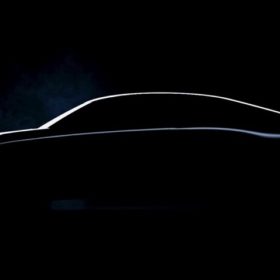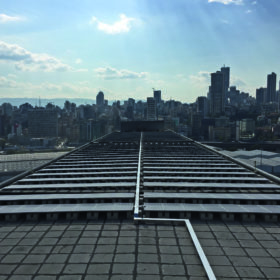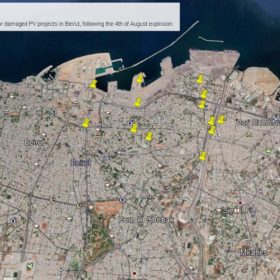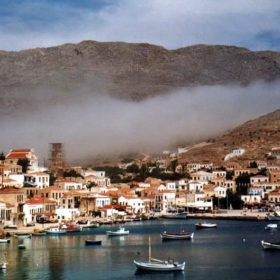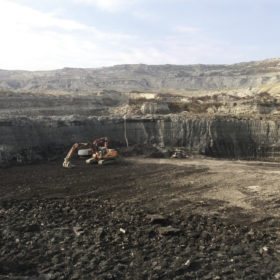Lightyear solar car has raised more than $110m this year
The Dutch start-up behind the world’s first commercial grid-independent solar car has generated significant investment this year. Deliveries of the prototype Lightyear One are now set for next summer.
Stake in Greece’s distribution grid sells for €2.1bn
The state-owned electric utility has agreed to sell 49% of its shares in the grid. The sale is expected to boost the country’s transition to a greener and smarter energy system.
The weekend read: Will Lebanon’s solar rise?
A year after a sudden explosion in Beirut killed more than 200 people, destroying solar installations in the port and sending the country into a complete downfall, a question emerges: Can Lebanon use this experience to set its economy on a new sustainable pathway, supported by a viable energy sector? Solar energy offers some lessons.
‘World’s largest lead-acid battery output’ planned in Greece
Manufacturer Sunlight plans to invest €30 million to add 1.3 GWh of annual production capacity of lead-acid products by the third quarter of next year. The company will also devote €20 million to expanding its lithium-ion battery assembly lines.
On the brink of collapse, Lebanon added 14 MW of solar in 2020
The news Lebanon installed new solar capacity last year has come as a huge surprise, given the country is at risk of failure. Amid the country’s crisis, solar is offering solutions.
Renewables powered island can be an outlier for the Greek archipelago
The Greek Ministry of the Environment and Energy has signed a memorandum of understanding with a clutch of private companies to turn the small Aegean island of Halki green as a demonstration of the effectiveness of its planned GR-Eco Islands Initiative.
The weekend read: Greek solar investment soars
An array of new investment plans were announced in Greece in May, ranging from mega PV projects to battery and electric vehicle production, as well as a move to smart green islands. pv magazine explores the state of these investments and links them to the country’s general policy frameworks – most notably, Greece’s master plan to boost green investments in former lignite regions and establish a new type of economy.
Greece’s 680 MW pumped storage project seeks investors
Developer Terna Energy claims the Amphilochia pumped hydroelectric energy storage project has entered the final stretch. If built, the large scale facility can boost Greece’s independence from fossil fuels and the government’s strategy for a coal-free electricity system by 2025.
Greece to tender 700 MW of battery storage this year
Greece’s energy storage sector is heating up, with the government confirming plans to publish an energy storage policy framework and hold tenders for 700 MW of battery storage.
PV sweeps Greece’s 350 MW tender with country record €0.03297/kWh tariff
Greece held its latest round of solar and wind power auctions this week. Overall, 350 MW of PV was allocated while wind power projects failed to win any capacity.
